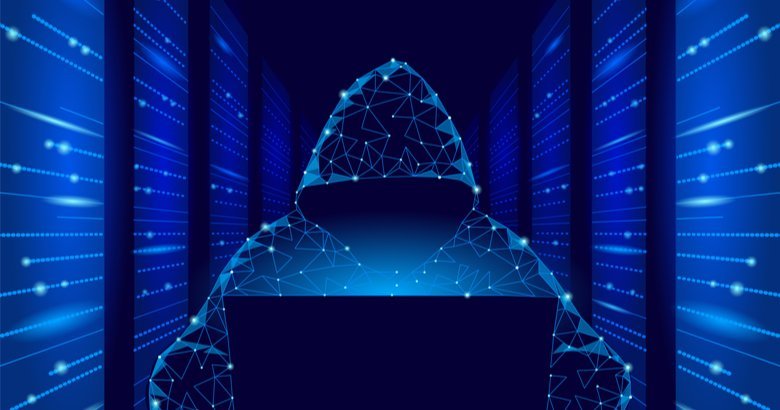March 29, 2020
From cyber criminals posing as legitimate vendors for protective gear such as face masks and hand sanitizer to phishing attempts against banks, a growing number of threat actors have been taking advantage of the uncertainty and panic that has gripped the world caused by the deadly novel coronavirus.
With countries placing entire populations on lockdowns in order to contain the spread of the virus, the internet has jumped into action. While websites continue to offer legitimate products, fraudsters and cyber criminals have been hard at work as well.
Criminals aim to profit from the confusion and widespread fear of the coronavirus crisis so much that the US Justice Department filed its first temporary restraining order against a website claiming to offer consumers to World Health Organization (WHO) vaccine kits for a shipping charge of $4.95 with their credit card.
The legitimate-looking website even used a photograph of Anthony Fauci, the head of the National Institute of Allergy and Infectious Diseases at the National Institutes of Health, to give the illusion of an official government website. But there was a problem, they would receive nothing in return.
The fraud is one of the thousands of scams and threats posed by the global pandemic as social isolation and fear can cause clients to open themselves up to compromising positions by clicking malicious links or URLs. Financial crime during such crises can also include frauds through email where malware can steal online banking credentials or credit card numbers or fake WHO emails asking for Bitcoin donations.
And not only are threat actors also using the code “COVID-19” to sell malware and exploitation tools on the darknet, cybercriminals are using the words “corona” or “covid” in URLs to carry out phishing attacks.
Working from home increases the surface area for companies, providing more vulnerable points for cyber attacks and fraud risk by threat actors.
Employees are not surrounded by their usual IT infrastructure and are highly susceptible to fraud and cybercrime. Some companies will not have enough devices to send with employees who will suddenly be working remotely, making it difficult to conduct a sound cyber review of all non-approved devices and conduct proper compliance management of the devices.
While technology allows individuals to stay connected during global pandemics such as the coronavirus, threat actors and cybercrime on all levels of the internet, including the darknet have also benefited tremendously from modern technology using its accessibility to commit financial crime.
Using Cobwebs’ automated tools, the digital footprints of the threat actors behind the phishing attacks targeting employees at home can be identified, traced, mapped, and monitored-allowing investigators to find the source as well as the destination for the illicit funds.
Machine-learning and AI capabilities that scour the darknet can also unveil hidden criminal connections, potentially preventing additional financial crime.
The ability to automatically analyze key data sets such as credit cards and payment services, financial professionals can also receive real-time intelligence on threat actors gathered from across the internet, including the darknet.
With Cobwebs’ solutions, clients are able to instantly extract data to then analyze and verify the identity of the threat actors to prevent them from making big profits from fraud and cyber crime using fake identities.
As part of the fight against financial crime, governments across the world require financial institutions to adopt compliance management systems such as the Customer Identification Program (CIP), which requires all institutions to verify the identity of anyone wanting to do business with them.
With advanced web sources and unique de-anonymization tools, dark-web entities can be traced back to the real world, enhancing Know Your Customer procedures by allowing for a comprehensive risk assessment of clientele and entities.
The risk of not abiding by compliance programs is high, so by harnessing tools like WEBINT and leveraging Cobwebs’ capabilities of automation, artificial intelligence and machine learning technologies, customers can carry out enhanced due diligence to prevent financial crime during such a crisis.
Share:

Request a Demo
"*" indicates required fields